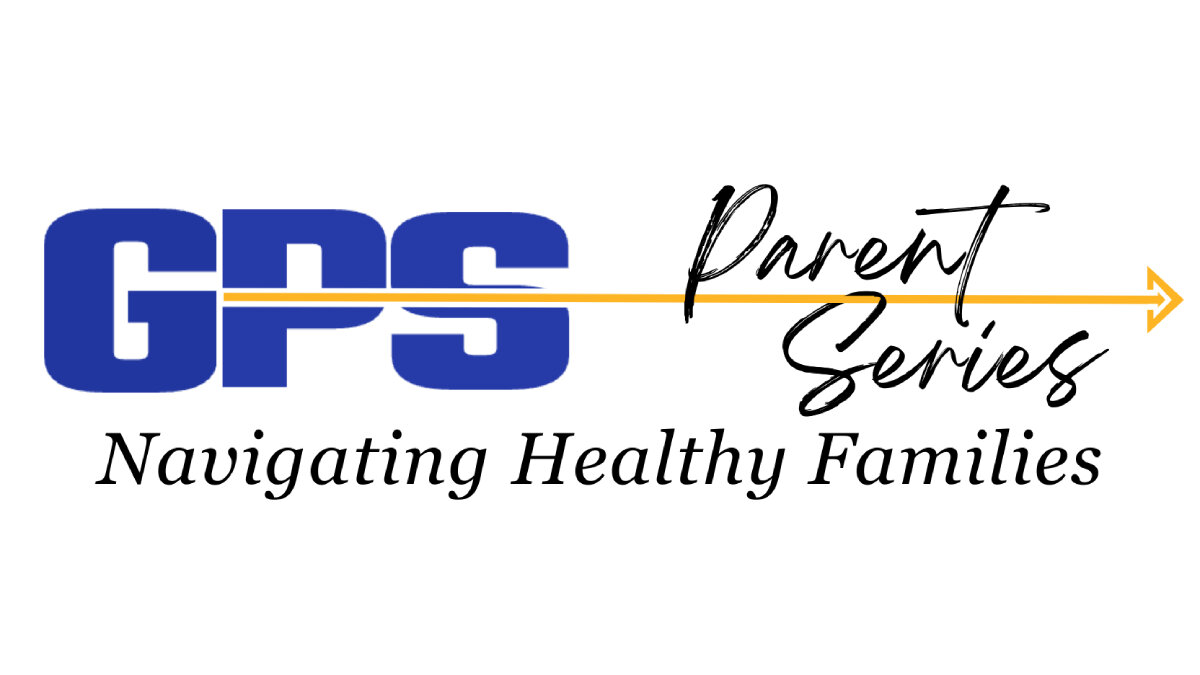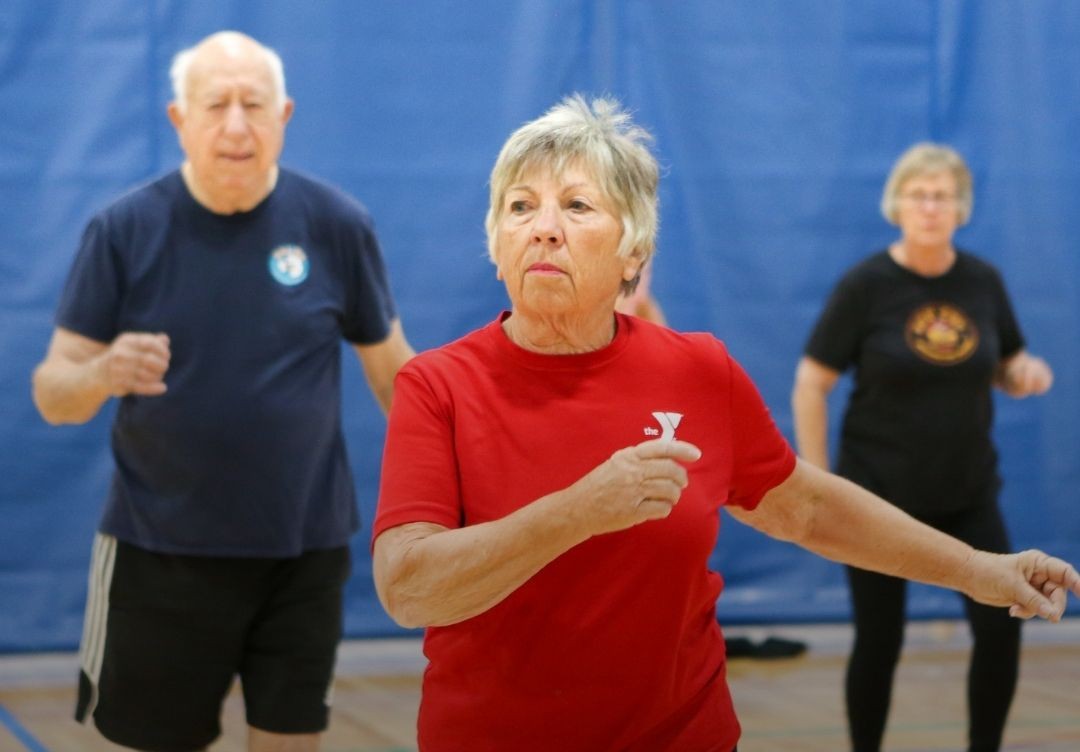In honor of Mental Health Awareness Month in May, the B.R. Ryall YMCA is encouraging community members to care for themselves and others.
Mental health is how we think, feel and act. At the Y, we recognize that we all have mental health, and mental health is an important part of our overall health and social-emotional well-being, as well as a core component of our identity.
The Y supports the mental health of individuals and communities in all the work we do to help people reach their full potential—whether that’s teaching life skills to youth in our summer camps, supporting our staff, helping people achieve their best physical health or helping newcomer immigrants access services. This type of non-clinical support is called “community care” and includes:
· Understanding mental health as something we all have—it is how we think, feel, and act.
· Applying positive self-care practices routinely.
· Engaging in conversations in a genuine way, with empathy and the intent of building meaningful relationships.
· Understanding and applying trauma-informed guiding principles when interacting with others.
· Understanding the impact of social determinants of health, systemic racism, discrimination and marginalization on mental health.
· Modeling emotion regulation, co-regulation, and effective coping skills.
· Recognizing signs that someone may be struggling.
· Connecting individuals to primary and specialty support when needed.
· Providing initial response in crisis situations.
· Initiating dialogue and collaborating with others to embed mental health informal care support throughout the community.
All the above are informed by practices found in social-emotional learning, trauma-informed care and suicide prevention. Through this work, we can reduce the risk and impact of mental illness, provide early intervention, and support the process of healing and recovery. We also provide a critical bridge to formal mental health care providers when needed.
Everyone can play a role in mental health community care. In honor of Mental Health Awareness Month, the Y encourages you to identify simple ways you can care for yourself and others, such as:
· Using your powers of observation to notice when someone may be struggling with a hard day, moment or situation.
· Intentionally asking “how are you?” and encouraging honest answers so others can share and feel heard.
· Bringing empathy, compassion and kindness to your daily interactions.
· When you notice someone struggling, connecting them to mental health resources like the National Suicide Prevention Lifeline (800-273-8255 or https://suicidepreventionlifeline.org).
![[B.R. Ryall YMCA LOGO SQ]](https://recliquecore.s3.amazonaws.com/imgs/ymca_logos/named_y/blue_purple.png)
![[B.R. Ryall YMCA LOGO FULL]](https://s3.amazonaws.com/recliquecore/imgs/ymca_logos/named/blue_purple.png)




